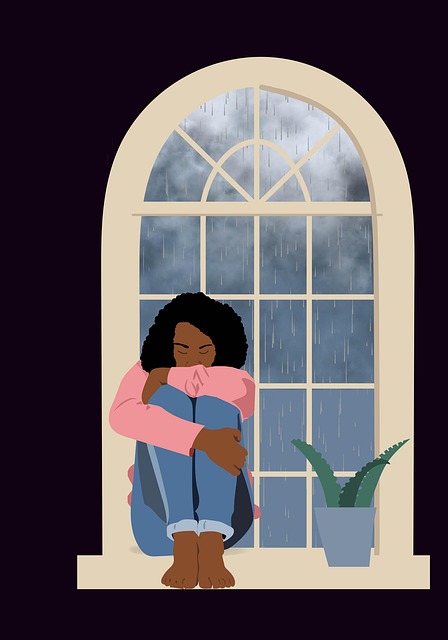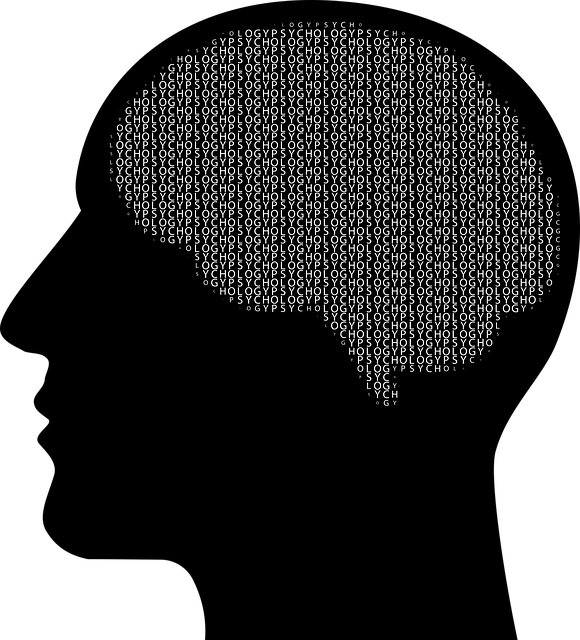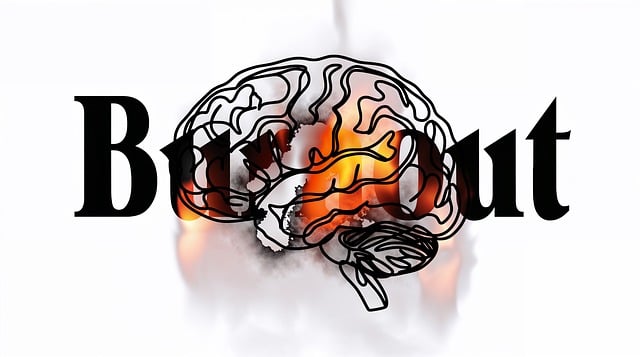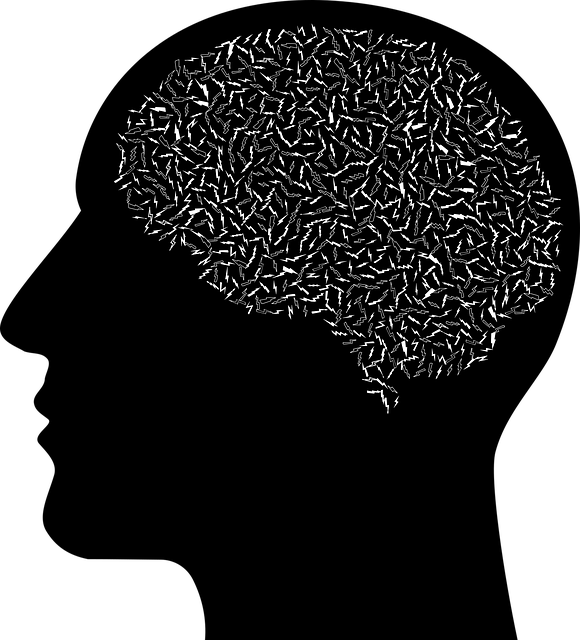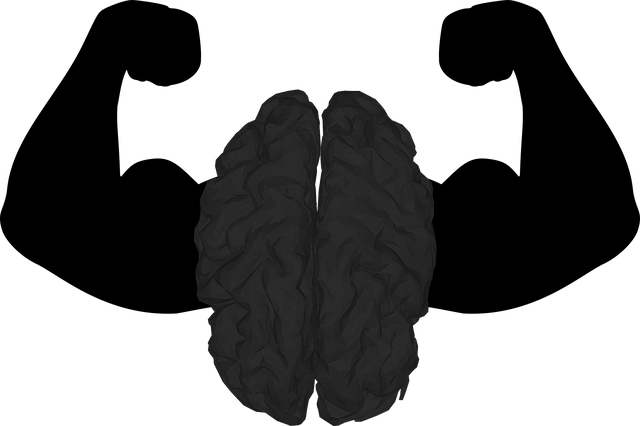Children's mental health is increasingly important due to rising drug abuse concerns among youth. Modern therapy techniques and mental wellness apps are providing accessible, engaging solutions. These apps target self-esteem and self-care, integrating evidence-based practices to enhance traditional therapy and support ongoing well-being. Public awareness campaigns further normalize conversations about emotional health. In the digital era, mental wellness apps offer promising avenues for reaching children and adolescents struggling with drug abuse, providing tailored treatments, mood tracking, mindfulness meditations, CBT techniques, peer support, and self-care reminders to foster positive thinking and coping mechanisms for early intervention and long-term recovery.
Mental wellness app development is transforming the landscape of therapy, especially in addressing children’s mental health. This article explores the growing need for apps tailored to young patients, focusing on integrating drug and substance abuse treatment into digital platforms. We delve into designing effective features that engage users and support recovery, while navigating sensitive topics like child therapy and substance abuse. Understanding these aspects is crucial for developing innovative tools that make a tangible difference in children’s lives.
- Understanding the Need for Mental Wellness Apps in Children's Therapy
- Integrating Drug and Substance Abuse Treatment into Digital Platforms
- Designing Effective Features and Tools for User Engagement and Recovery Support
Understanding the Need for Mental Wellness Apps in Children's Therapy

Children’s mental health and well-being are increasingly recognized as essential aspects of overall wellness, especially in light of growing concerns about drug abuse and substance use among youth. Therapy for children has evolved to address not only emotional and behavioral issues but also to prevent and mitigate the risk factors associated with drug abuse-substance abuse. Mental wellness apps have emerged as powerful tools in this context, offering accessible and engaging solutions for therapists and parents alike.
These apps focus on various aspects of a child’s mental health, including self-esteem improvement and self-care routine development for better mental health. By integrating evidence-based practices and therapeutic techniques into interactive digital platforms, they can enhance traditional therapy sessions and extend support between appointments. Additionally, public awareness campaigns development centered around mental wellness can reach a broader audience, normalizing conversations about children’s emotional well-being and encouraging early intervention.
Integrating Drug and Substance Abuse Treatment into Digital Platforms

In today’s digital era, mental wellness apps offer a promising avenue to reach and support individuals dealing with drug and substance abuse. These platforms can provide accessible therapy for children and adolescents struggling with addiction, expanding their care options beyond traditional clinic settings. By integrating evidence-based treatments and tailoring them to the unique needs of younger users, developers can create engaging and effective tools. Apps may offer personalized interventions, such as cognitive-behavioral therapy (CBT) techniques to challenge negative thinking patterns and conflict resolution skills for managing interpersonal issues, both of which are crucial in burnout prevention strategies for healthcare providers addressing substance abuse.
Furthermore, digital platforms have the potential to foster positive thinking by incorporating mindfulness exercises, meditation guides, and supportive communities. These features can help users develop coping mechanisms and resilience while navigating challenging situations. By seamlessly integrating these therapeutic elements into user-friendly interfaces, mental wellness apps can play a pivotal role in early intervention and long-term recovery, addressing not just the symptoms but also the underlying causes of drug abuse.
Designing Effective Features and Tools for User Engagement and Recovery Support

In designing mental wellness apps, creating effective features and tools is paramount to foster user engagement and support recovery. These apps should offer a range of evidence-based practices tailored to individual needs, such as self-awareness exercises for personal reflection and coping strategies for stress management. Incorporating interactive elements like mood tracking, mindfulness meditations, and cognitive behavioral therapy (CBT) techniques can significantly enhance user experience, encouraging consistent app usage. By providing accessible resources for mental health education, users gain a better understanding of their conditions, empowering them to take control of their well-being.
Moreover, addressing the unique needs of vulnerable populations, such as children and those struggling with drug abuse or substance abuse, is crucial. Customized content and engaging interfaces can make therapy more appealing and accessible. Mental illness stigma reduction efforts within these apps can normalize conversations around mental health, fostering a supportive environment for users to seek help without fear of judgment. Additionally, incorporating burnout prevention strategies for healthcare providers through peer support features and self-care reminders ensures that professionals supporting others also maintain their well-being.
Mental wellness apps have emerged as powerful tools in the digital age, offering innovative solutions for children’s therapy and substance abuse treatment. By integrating evidence-based practices into engaging digital platforms, these apps can significantly enhance user engagement and support recovery. Understanding the unique needs of both children and those battling drug abuse is crucial for developing effective features that foster healing and positive outcomes. With careful design and consideration, mental wellness apps have the potential to revolutionize therapy, making it more accessible and appealing to a new generation seeking support.
